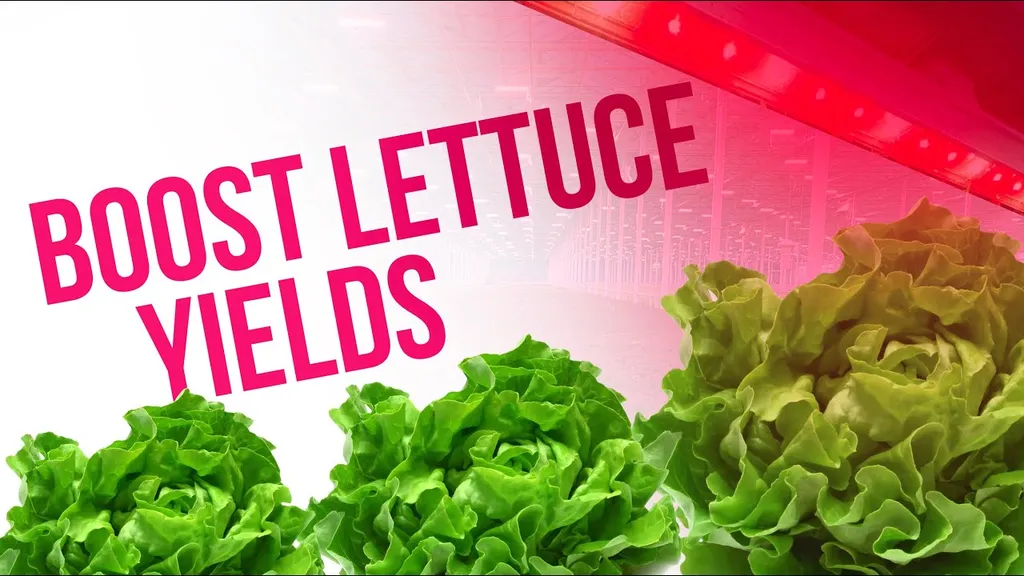In the heart of Russia, where the growing season is short and the climate harsh, a breakthrough in greenhouse farming is making waves. Researchers at Novosibirsk State Technical University have discovered a way to boost lettuce yield and quality using a biodegradable gel called Yunigel Plantum. The findings, published in the journal “Техника и технология пищевых производств” (translated as “Food Processing Techniques and Technology”), could revolutionize the way we think about hydroponic farming, particularly in challenging environments.
Led by Aripova Farida, the research team explored the potential of Yunigel Plantum to enhance the growth and nutritional value of Aficion green lettuce. The study compared traditional hydroponic methods with those supplemented by Yunigel Plantum. The results were striking. “Yunigel Plantum_12 increased the yield and growth rate by 20%,” Aripova explained. “It boosted root development, allowing the lettuce to absorb more nutrients and become richer in essential amino acids.”
The implications for the agricultural industry are significant. In regions where the growing season is short, or the climate is harsh, this innovation could extend the reach of sustainable, high-quality produce. “This is not just about increasing yield,” Aripova noted. “It’s about improving the nutritional value of the food we grow. Yunigel Plantum can help us produce healthier, more nutritious lettuce, even in the most challenging conditions.”
The study also investigated the optimal concentration of humic and fulvic acids (Beres-8) to complement the effects of Yunigel Plantum. This additional layer of research ensures that the findings are not just innovative but also practical and applicable on a commercial scale.
For the energy sector, this research opens up new avenues for collaboration. As the world moves towards more sustainable and efficient agricultural practices, the demand for innovative solutions like Yunigel Plantum is set to rise. This could create new opportunities for energy companies to invest in and develop technologies that support sustainable farming.
The research by Aripova and her team is a testament to the power of innovation in agriculture. By harnessing the potential of biodegradable gels and hydroponic systems, we can produce higher yields of nutritious food, even in the most challenging environments. As we look to the future, the integration of such technologies into mainstream agricultural practices could be a game-changer, shaping the way we grow and consume food for generations to come.

